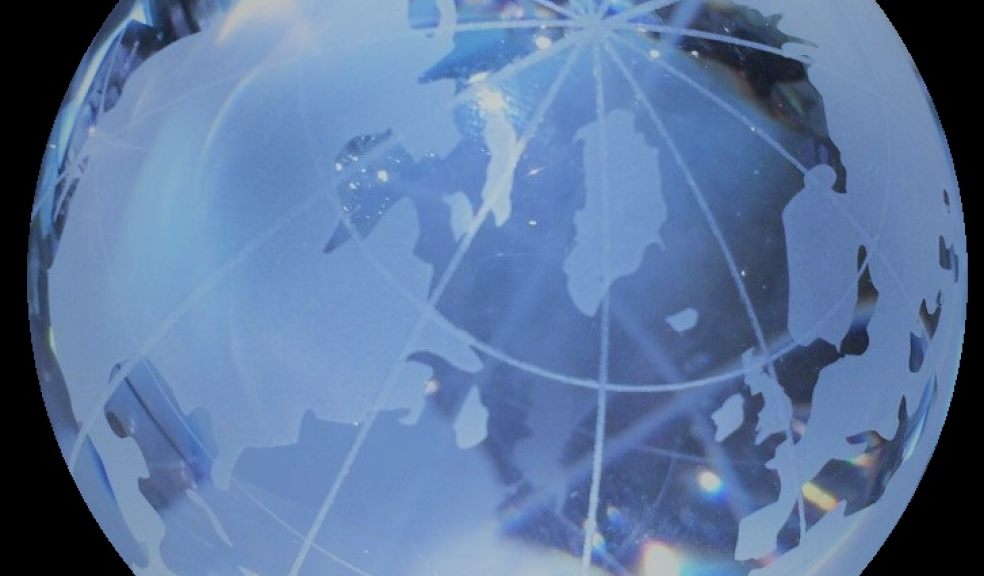
Why are we dying to ignore environmental catastrophe?
Speaking at a recent conference on Mental Health and Young People in Devon, psychologist Dr. Kate Middleton inspiringly encouraged participants to reflect on resilience for teenagers. Coping with challenge and change has maybe never been so difficult than in today’s world, so how can one adapt from the weathers of life and recover from adversity?
This question, when addressed to us all, echoes uncannily with the even greater uncertainties about the ecological crisis we are inflicting on planet Earth - our common home. How can we apply resilience to absorb the shocks that are already upon our human species and the natural environment?
Perhaps Kate’s succinct message to young people, paraphrased below, holds wider wisdom for us in our green activism and contemplation:
Accept that storms are certain
Review our values and the ‘happiness’ we seek
See beyond superficial success
Seek the truth that sets us free
Let’s open up and talk about it!
We begin by accepting that we are experiencing unprecedented environmental change and ecological disruption. Patient Earth is extremely unwell and her life-support systems are convulsing. The deck of climate cards is stacked against us.
At a time when we know for certain that 2016 was the hottest for 800,000 years; when Germany reports winged insect loss of 75% in 25 years; when 40,000 people in the UK die prematurely each year due to poor air quality; when it takes 6,000 litres of water to make a beef burger; when unknown hurricanes and storms sweep over Britain; when there is only a 5% chance of keeping global warming to 2° because GDP rises cancel out any gains made in carbon intensity reductions; when 12.6 million global deaths are eco-related.
For all these reasons, and many more, we know that storms are certain. We have to adapt to them and mitigate against them, but we cannot ignore them. The world’s eco-crisis is undeniably much more serious than we ever thought.
Surely as a species we have to reassess our priorities? We are told that ever increasing consumerism will bring us purposeful prosperity and happiness. If anything, the direct opposite is true. The wealthier we get, the more dissatisfied we seem to become. We have no understanding of ‘enough’, therefore we are never mollified. We seek the unattainable and admit the unacceptable as a consequence. What we really require are our basic needs met so we may fulfil our more spiritual needs, but the media has often become the message, so we are confused between means and ends.
To go beyond immediate and short-term gratification we may have to live counter-cultural lives, rejecting the simplicity of crass materialism and replacing it with material simplicity. When we learn to share the goodness of life more equitably we will rediscover that experience of community that most of us crave for.
The truth of climate science and environmental desecration will make us miserable before it sets us free. We can no longer keep our heads in the sand and ignore the signs of the times. The economic system prompts poverty on the one hand and ecological disaster on the other, and prefers us to take no notice of either. But the environmental birds are coming home to rest, and poor health is endemic for the children who live with low quality food, lack of confidence and depressed aspiration. Public Health in Plymouth reports 1 in 5 children living in poverty – 1 in 2 in some city Wards. These kinds of realities should not be accepted as common place.
So, let’s speak the truth to power and make our concerns about these issues more obvious.We know that pastorally and emotionally it’s good to talk, to bring our fears into the open and to name our demons. We should be doing the same about climate, contamination and cutting down forests.
Once more we may remind ourselves that if it were not for the top 4 inches of soil, none of us would be here! Life on planet Earth depends on the health of its mineral cycles and natural rhythms. In reality, we do not care for the environment as much as it/she cares for us. If people were to disappear tomorrow, life would go on. But if the worms and bees die out, humanity will be close to follow.
3 sobering thoughts: we are facing contemporary extinction events; our children’s children will live in worse conditions than us (if present trends continue); chemical pollution is a greater threat to life even than climate change. *
3 contrary hopes: we could say no to plastic, oil, goal and gas in 10 years; we can implement natural systems solutions to flooding, soil loss, mass foresting, plant ecology, and so on; we could develop a new economy based on the UN’s Sustainable Development Goals (SDGs) for the future.
It feels like our politicians might not be up for it, but possibly people of goodwill in our faith communities and beyond might just be…
*According to speakers at ‘Wake up to Climate’ day on Climate Change and Health held at the Exeter Medical School on 5th October
This article was first published in Devon Green Churches news, November 2017














